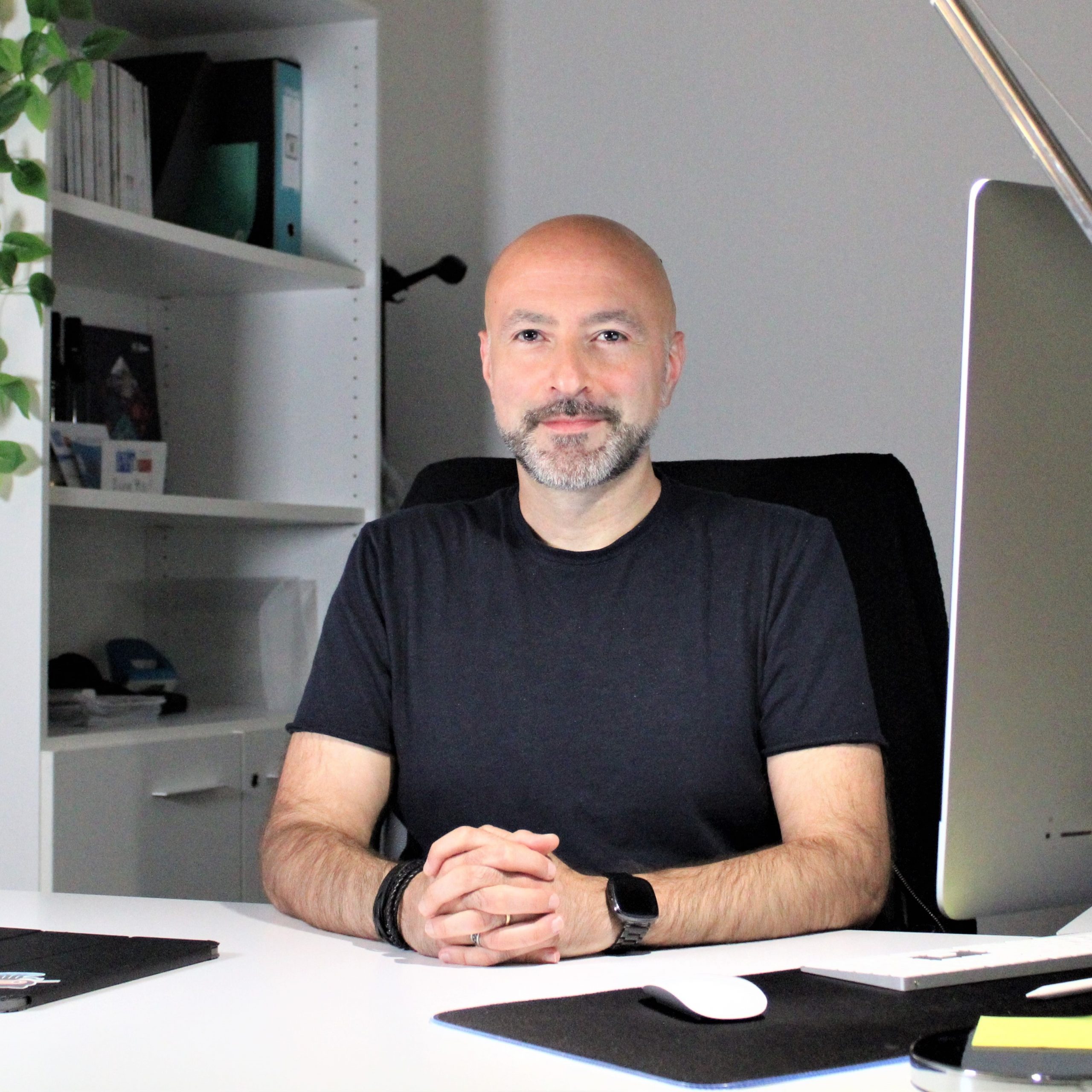
Francesco Iorio
- Research Group Leader, Iorio Group
Francesco is a computer scientist by training. He completed his PhD studies at the University of Salerno and the TeleThon Institute of Genetics and Medicine (TIGEM, Naples – Italy), where he focused on computational methods for drug discovery and repositioning.
Subsequently, he has been awarded a joint EMBL – European Bioinformatics Institute (EBI) and Wellcome Sanger Institute (WSI) post-doctoral (ESPOD) fellowship to work on integrative computational frameworks for predicting and dissecting drug sensitivity in cancer, analysing data from large-scale in vitro drug screens.
Following this, as a senior bioinformatician at EBI, Francesco has been the leading the analysis of data from a large-scale genome-wide CRISPR-Cas9 pooled screen across hundreds of cancer cell lines, with the aim of identifying synthetic lethalities in cancer and identifying new therapeutic targets.
From 2018 to 2020 he has been leading the WSI’s Cancer Dependency Map Analytics team, providing computational support to the Cancer Dependency Map partnership: an international endeavour involving the WSI and Broad Institute of MIT and Harvard aiming at identifying all the genetic dependencies and vulnerabilities existing in cancer cells. In this role, he has been leading the development of new algorithms and computational tools for the analysis and integration of large-scale cancer pharmacogenomics and functional genomics datasets (from chemical and genome editing screens).
Since late 2020 Francesco is a Research Group Leader in Computational Biology at the Human Technopole (Milan, Italy) where he is establishing a research program in Computational cancer Pharmacogenomics and Therapeutic Target Discovery.
Since November 2019 he is a Scientific Advisor for the joint Cancer Research Horizon – AstraZeneca Functional Genomics Centre (Cambridge, UK).
Contacts
Follow on
Publications
-
01/2021 - Genome Biology
Minimal genome-wide human CRISPR-Cas9 library
CRISPR guide RNA libraries have been iteratively improved to provide increasingly efficient reagents, although their large size is a barrier for many applications. We design an optimised minimal genome-wide human CRISPR-Cas9 library (MinLibCas9) by mining existing large-scale gene loss-of-function datasets, resulting in a greater than 42% reduction in size compared to other CRISPR-Cas9 libraries while […]
-
01/2021 - Nature Computational Science
Redefining false discoveries in cancer data analyses
The nature of biological networks still brings challenges related to computational complexity, interpretable results and statistical signifcance. Recent work proposes a new method that paves the way for addressing these issues when analyzing cancer genomic data.
-
10/2020 - Nucleic Acid Research
Project Score database: a resource for investigating cancer cell dependencies and prioritizing therapeutic targets
CRISPR genetic screens in cancer cell models are a powerful tool to elucidate oncogenic mechanisms and to identify promising therapeutic targets. The Project Score database (https://score.depmap.sanger.ac.uk/) uses genome-wide CRISPR–Cas9 dropout screening data in hundreds of highly annotated cancer cell models to identify genes required for cell fitness and prioritize novel oncology targets. The Project Score […]
-
08/2020 - Patterns
Identification of Intrinsic Drug Resistance and Its Biomarkers in High-Throughput Pharmacogenomic and CRISPR Screens
High-throughput drug screens in cancer cell lines test compounds at low concentrations, thereby enabling the identification of drug-sensitivity biomarkers, while resistance biomarkers remain underexplored. Dissecting meaningful drug responses at high concentrations is challenging due to cytotoxicity, i.e., off-target effects, thus limiting resistance biomarker discovery to frequently mutated cancer genes. To address this, we interrogate subpopulations […]
-
08/2020 - Pigment Cell and Melanoma Research
Analysis of CRISPR‐Cas9 screens identify genetic dependencies in melanoma
Targeting the MAPK signaling pathway has transformed the treatment of metastatic melanoma. CRISPR‐Cas9 genetic screens provide a genome‐wide approach to uncover novel genetic dependencies that might serve as therapeutic targets. Here, we analyzed recently reported CRISPR‐Cas9 screens comparing data from 28 melanoma cell lines and 313 cell lines of other tumor types in order to […]